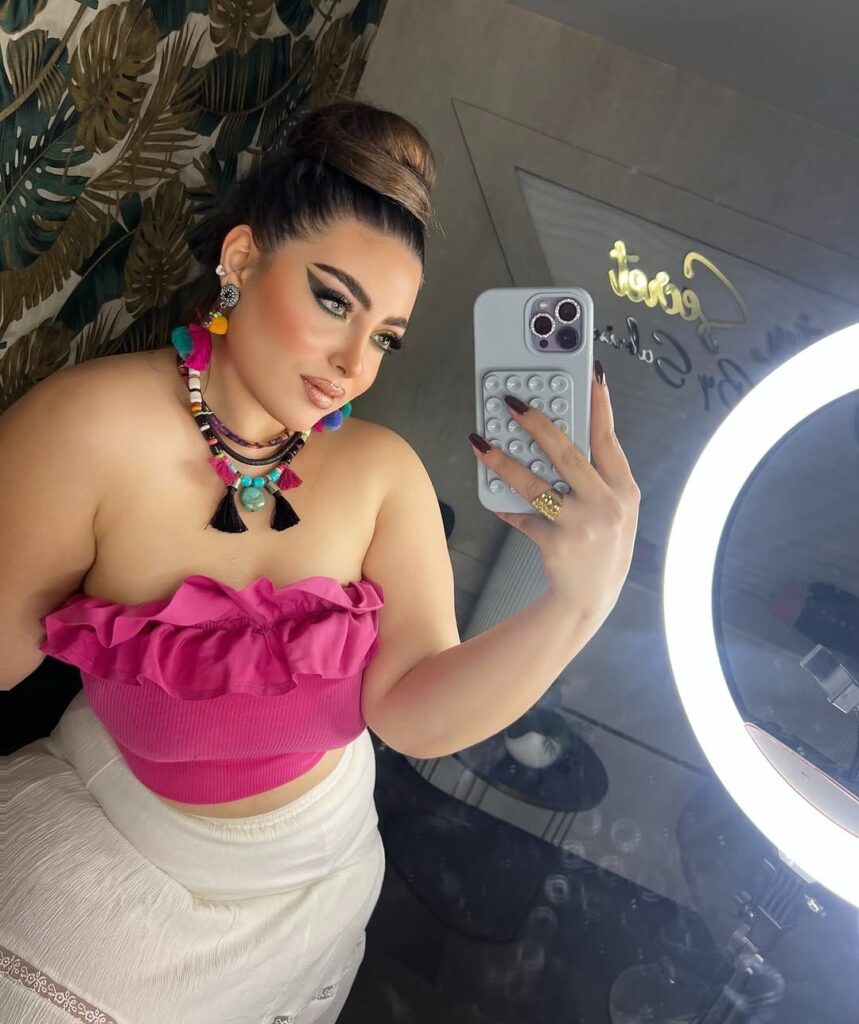
Rawalpindi does not sleep. It merely shuts one eye. The other remains half-open, watching from the neon-washed arteries of Saddar to the hushed, tree-lined lanes of the cantoment.
In this city of whispers and roar, Amara was a cartographer of a different kind. Her map was not of streets, but of silences. The heavy quiet of a five-star hotel room where a businessman from Dubai stared at the ceiling, not at her. The nervous silence of a young man before his arranged marriage, wanting a story to keep for himself. The lonely silence of a retired colonel, who paid for an hour of conversation, his hand never once straying from his cane.
They called her an escort. The word was a crude, ill-fitting key for a lock of immense complexity. She was a seasonal chameleon. One evening, a shimmering socialite on the arm of a industrialist’s son at a wedding at the Pearl-Continental, a living accessory to amplify his status. The next, a quiet, bookish companion in a dimly lit café in Saidpur Village, discussing Rumi with a visiting academic who missed intelligent company.
Her world was a tightrope strung between the city’s twin hearts: the old-world dignity of ‘Pindi and the performative gloss of its powerful twin, Islamabad, just a heartbeat away. Her clients were almost exclusively from the latter—men encased in glass towers and bureaucratic importance, seeking an escape from their own gilded cages.
Her small apartment near Raja Bazaar was her sanctuary. Here, the scent of jasmine from a courtyard below mingled with the fading notes of her perfume. Here, she shed the characters she played. The silk dresses were hung with care; the expensive heels placed side-by-side like soldiers retired from duty. She would wipe away the kohl from her eyes, and in the mirror, she’d see not the fantasy, but the architect: a woman with a calm, unreadable face, her real self the most closely guarded secret of all.
The rules were her armor. Cash only. No personal numbers. Meetings only in pre-vetted, neutral spaces. She was a ghost in the machine of the city’s desire, known only through a discreet, encrypted chat service and the alias “Anya.”
One rain-slicked Thursday, a request came through. Unusual. Specific. Not a hotel, but a private art gallery in Islamabad holding a late-night viewing. The client’s name was anonymized, as always, but his requirements were singular: “Someone who can appreciate art and not talk through it.”
Intrigued, she accepted.
He was there, a tall silhouette against a massive, brooding landscape painting. He wasn’t like the others. There was no hunger in his gaze, no transactional glint. He simply handed her a glass of pomegranate juice and said, “That one… it feels like the Margalla Hills just before a monsoon, doesn’t it? All that pent-up energy.”
For two hours, they walked. They spoke of brushstrokes and composition, of the light in Monet’s water lilies and the bold defiance of Pakistani contemporary artists. He didn’t touch her. He barely looked at her. He looked at the art, and sometimes, when he made a point, he looked into her eyes, speaking to the mind behind the meticulously crafted appearance.
It was the most expensive performance of her life, and he had asked for nothing but her intellect.
The requests continued. Evenings at the folk music festival at Lok Virsa. A quiet dinner discussing Persian poetry. Each meeting was a unique, intellectual duel and dance. Amara, for the first time, found the lines blurring. The architect of fantasies was becoming a participant. She found herself thinking of his observations, his dry wit, the way he listened as if her words were the most important thing in the world.
It was a dangerous game. Attachment was a flaw in her armor; desire, a critical vulnerability.
One night, as their driver navigated the evening traffic back towards Rawalpindi, he broke his own rule. The facade cracked. “You’re different, Anya,” he said, the city lights painting streaks of gold across his weary face. “This… all of this… it’s a parenthesis in my life. A sentence I can’t write anywhere else.”







